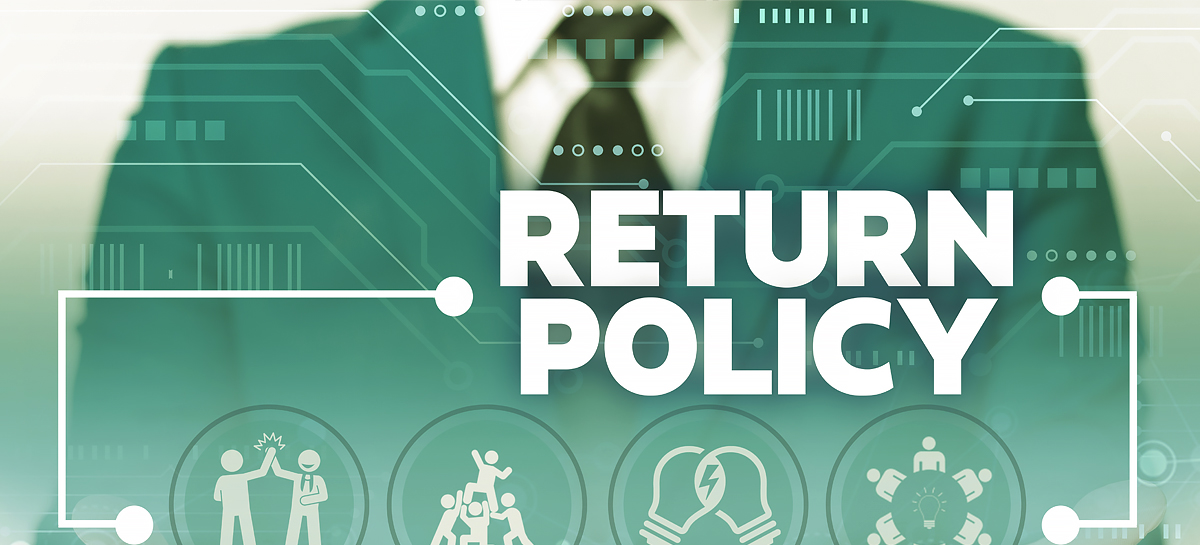Employment expert weighs in on why today’s workers are digging their heels in and refusing to get back to work

When Apple CEO Tim Cook asked employees to spend at least 3 days in the office starting next month, it seemed like a reasonable request. But Apple employees banded swiftly together and created a petition protesting the mandate, saying the push to get back to the office doesn’t consider “the unique demands of each job role nor the diversity of individuals.”
Rob Wilson, employment trends expert and President of Employco USA, a national employment solutions firm with locations across the country, says that his clients have given him the same feedback.
“Employco’s clients are facing the same strain. Employees are really digging their heels in and trying to prolong remote work as long as possible,” says Wilson. “This is especially true with younger workers. Right now, Gen Z is completely changing the face of the modern workplace, and they aren’t going to go back to the old model without a fight.”
Wilson says that research shows that Gen Z workers are leading the trend against in-person employment.
“A recent Microsoft survey showed that over half of Gen Z workers would consider moving jobs if it allowed them to work from home,” says Wilson. “In other words, employers are going to have to get really creative if they want young workers to show up.”
So what can employers do?
“You have to take a stand and create the culture that works best for your office. Giving in and placating the younger generation won’t necessarily get you what you want,” says Wilson. “Even though Apple tried to be as fair as possible in prolonging remote work and creating a hybrid environment, it still wasn’t good enough for Gen Z and millennial workers. So employers have to decide whether they are going to go with the flow and accept the new trend of remote work or if they are going to ask job applicants to be willing to hustle and give their job 100%.”
Wilson says the next year will be crucial when it comes to defining how the workplace will look for future generations.
“This is a cultural standoff between employers and employees, and between young workers and those who have been working for decades,” says Wilson. “This might offer the perfect time for older people to really outshine young workers and prove that experience trumps all. It could also be a good time for employers to trim the fat and get rid of workers who only want excessive benefits and remote opportunities.”
For more on this topic, please contact Rob Wilson at rwilson@thewilsoncompanies.com.